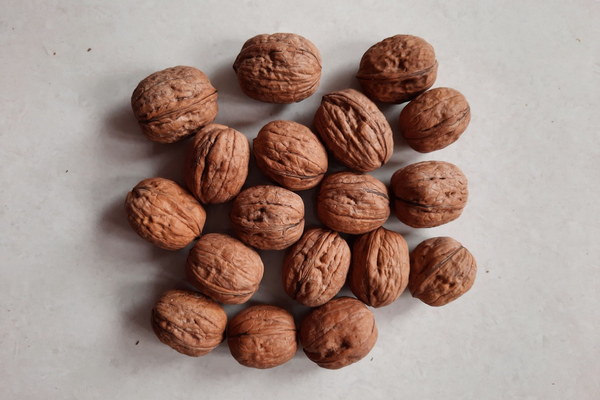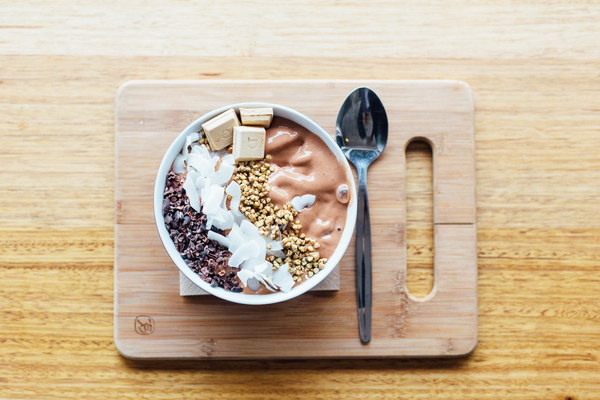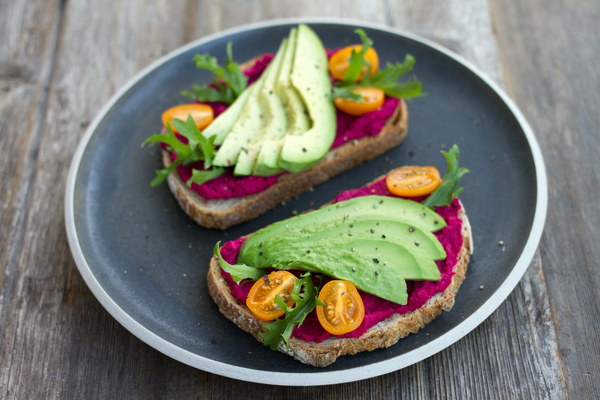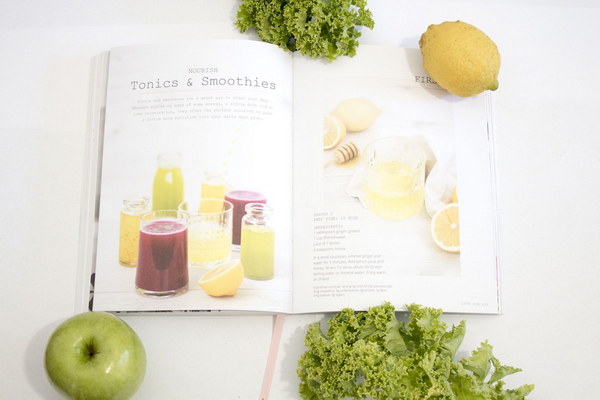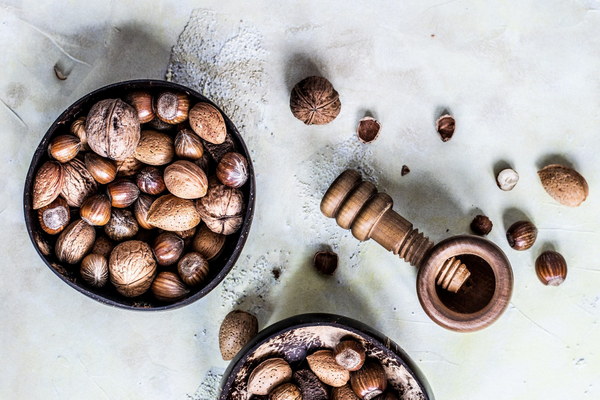Feeding Your Baby What to Eat for a Strong Spleen and Stomach
Introducing solid foods to your baby is an exciting time, but it can also be daunting. One of the most important aspects of baby nutrition is ensuring that your little one's digestive system is well-supported. The spleen and stomach play a crucial role in digestion, and feeding your baby the right foods can help foster a strong and healthy digestive system. Here are some tips on what to include in your baby's diet to support their spleen and stomach.
1. Soft, Easy-to-Digest Foods
As your baby transitions from breast milk or formula to solid foods, it's essential to start with soft, easy-to-digest foods. These include:
- Rice Cereal: Rice cereal is a classic first food because it's gentle on a baby's developing digestive system.
- Mashed Potatoes: Potatoes are naturally starchy and soft, making them an excellent choice for baby's first solid foods.

- Oatmeal: Oatmeal is another starchy, soft food that can be easily mashed or pureed.
2. Iron-Rich Foods
Iron is essential for your baby's development, especially as they grow and begin to eat solid foods. Foods rich in iron can help support the spleen and stomach:
- Beef or Turkey: Lean meats are excellent sources of iron and protein.
- Fortified Cereal: Choose iron-fortified cereals to ensure your baby is getting enough iron.
- Squash: Winter squash, like butternut or acorn squash, is not only rich in iron but also easy to puree.
3. Probiotic-Rich Foods
Probiotics are beneficial bacteria that can help maintain a healthy gut flora. Incorporating probiotic-rich foods into your baby's diet can support their spleen and stomach:
- Yogurt: Plain, unsweetened yogurt is a great source of probiotics. Look for brands that are free of added sugars and flavors.
- Kefir: Kefir is another fermented milk product that contains probiotics and can be introduced as a first food for older babies.
- Sauerkraut: Fermented vegetables like sauerkraut are rich in probiotics and can be introduced once your baby is ready for more textured foods.
4. Fiber-Rich Foods
Fiber helps keep the digestive system moving smoothly and supports overall gut health:
- Banana: Bananas are soft, sweet, and high in fiber, making them an excellent choice for baby's diet.
- Pears: Pears are also a good source of fiber and can be pureed for younger babies.
- Sweet Potatoes: Sweet potatoes are naturally sweet and high in fiber, making them a nutritious addition to your baby's diet.
5. Herbs and Spices
Certain herbs and spices can help support your baby's spleen and stomach:
- Ginger: Ginger is known for its digestive benefits and can be added to breast milk or formula to aid digestion.
- Cinnamon: Cinnamon is another spice that can be introduced to your baby's diet once they are ready for more textured foods, as it has anti-inflammatory properties.
- Turmeric: Turmeric is a powerful anti-inflammatory spice that can be added to mashed or pureed vegetables.
Remember to introduce new foods one at a time, waiting a few days between each introduction to monitor for any potential allergies. As your baby grows and becomes more accustomed to solid foods, you can gradually introduce a wider variety of textures and flavors to support their digestive health.
In conclusion, feeding your baby a balanced diet that includes soft, easy-to-digest foods, iron-rich foods, probiotics, fiber, and herbs and spices can help support their spleen and stomach, ensuring a healthy digestive system as they grow. Always consult with your pediatrician before making any significant changes to your baby's diet.
